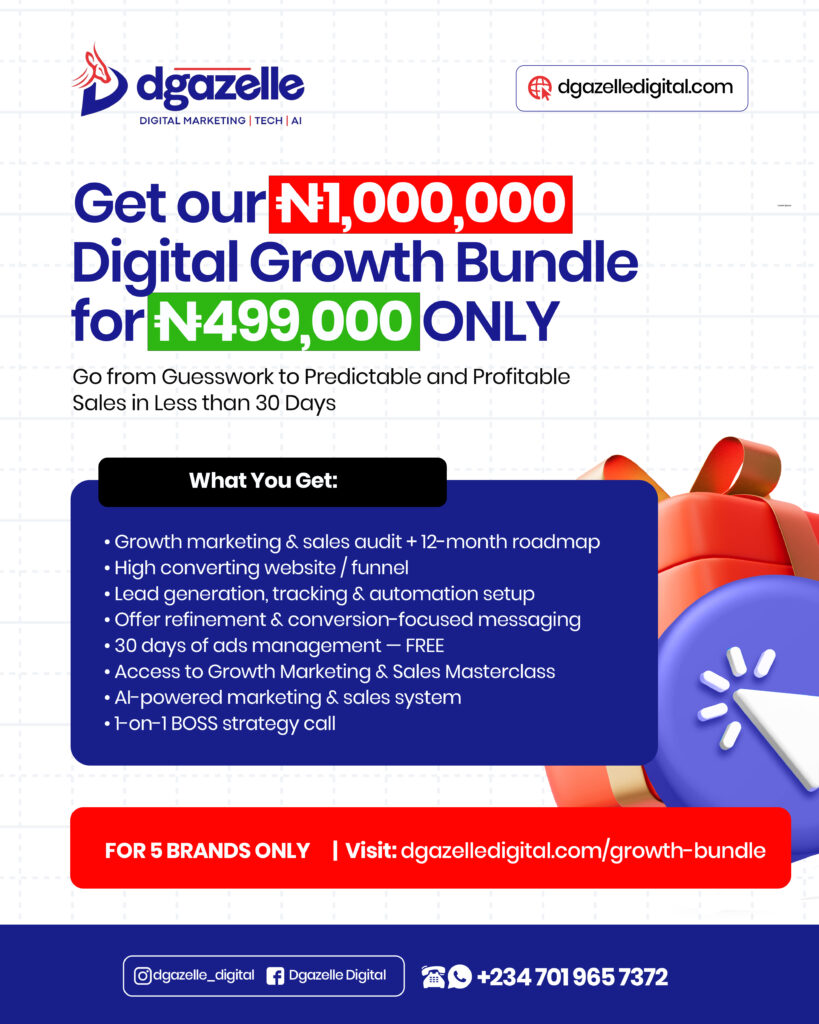Reasons people buy online varies. You can’t serve your customers if you don’t know who they are. You cannot sell to customers if you do not know who they are. You can’t grow with your customers if you don’t know who they are. This post aims to help you better understand your customers by assisting you in identifying the true reasons why they buy from your e-commerce store. A lot of online businesses fail because they do not know the true reasons people buy from online businesses.

Customers’ Psychology: Reasons People Buy
How do your ideal customers think? How will they react when you offer them something? How and why will they actually buy what you are selling? What are reasons people buy?
To answer these questions, we first need to understand what makes up a person’s mind. Most people believe that we are rational beings, but this isn’t completely true. We are made up of both rational and irrational parts of the brain — cognitive thinking and emotional thinking.
The rational part of our brain is called the neocortex, which is responsible for logical thinking and reasoning. The emotional part of our brain is called the limbic system, which controls our emotions and instincts. The neocortex controls our actions, while the limbic system controls how we feel about those actions.

So if someone has a strong desire to buy a product, it’s because their limbic system has convinced their neocortex that buying this product will make them happy or improve their quality of life in some way. So, people buy emotionally and explain their reasons logically.
Sales success is not just dependent on technical abilities. We buy sophisticated technology every day from people who know less about it than we do. It is not dependent on hard work; we have witnessed many hard-working failures. Your selling ability improves only as your understanding grows. When you quickly see the reasons people buy products and their reasons for not buying them.
By observing simple patterns in your customers’ psychology, you can anticipate the questions they will ask, the objections they will raise, and even the type of information they will require from you to make their decision. You’ll deliver your sales message with precision.
5 Reasons People buy Products from businesses
Here are 5 of the most common reasons people buy:
- The product improves their quality of life;
One of the major reasons people buy products or services is in their perception of how a product or your online business will improve the quality of their lives. Consumers buy products to improve their quality of life. The product can be an experience, such as a holiday, or something tangible, like a new car.
The product must meet the consumer’s needs and wants. If it doesn’t, the prospect will not buy it. If it does, there is a good chance that he or she will buy it.

Consumers evaluate information about a product before making a purchase decision. This evaluation process occurs both consciously and subconsciously in their minds. The more information they have about the product and its attributes, the more likely they are to make an informed decision about buying it (or not).
- They trust the business selling the product;
The way you sell can make or break your business. In fact, the way you sell can make or break the success of your product.
If you’re selling a product, you’ve already made your first sale. You’ve sold yourself on why this is a good product to invest in and why people should buy from you. However, it’s not just about convincing people that your product is worth buying; it’s also about convincing them that they should continue to buy from you.
The best way to do this is by building trust with your customers. Trust is necessary for any relationship, but it’s especially important when it comes to sales and purchasing decisions because those decisions are often emotional ones. People don’t want to be scammed or lied to when they’re buying something as important as their health or well-being — they need reassurance that they’re making an informed decision and that their money isn’t going toward something fraudulent or even dangerous (or at least ineffective).
- The product helps them save time;
Another of the most common reasons people buy is that the products saves time. People are busy, and they don’t want to spend their time learning how to use a new product. They want something that’s easy, intuitive and fast.
If you can help people save time, you’ll have an easier time selling to them.
For example, if your product or service helps someone save money on taxes, they will be more likely to buy it. If your product or service helps someone get more done in less time, they will be more likely to buy it. If your product or service helps someone spend less time doing something they don’t enjoy doing, they will be more likely to buy it.

Why? Because time is our most valuable resource — and it’s something we never have enough of.
Saving time can be as simple as making something easier to do (like cooking), or as complex as doing it for you altogether (like paying off your debt).
- It’s the right price point for them;
Price is an important factor in the buying decision, but it isn’t the only one.
The price point is the point at which you can sell your product or service to your customer and make a profit. The price point can be different for different customers, depending on their needs.
The price point is also called the value proposition. It’s the right price point for them; it’s what they’re willing to pay and what they think they’re getting in return.
If your product or service is too expensive, no one will buy it. If it’s too cheap, people will think it’s not worth much. But if you find that sweet spot, where people see value in your offering and are happy with what they’re paying for it, then you’ve found a great price point.
- People want to try new products too
People want to try new products too. They want to know what the latest trend is and what everyone is talking about. This is why so many people are into YouTube, Instagram, and all of the other social media platforms out there. People want to see what others are doing and how they can do it too. They want to know what’s new and exciting in their lives, which is why businesses who have been around for years are still profitable today.
Some people will buy something just because it’s new or different. They don’t care if they need it or not, they just want to try it out and see if they like it or not. This can be seen in restaurants all over the world, where people order something that they’ve never had before just because it looks good on the menu or because their friends told them it was good when they went there last weekend.
How to sell what prospects will want to buy
The best salespeople have an instinct for what their prospects want. They’re like a good chef who knows how to season a dish so that it tastes just right.
This is one of the most common mistakes I see salespeople make. They will spend a lot of time and energy trying to sell what they want to sell, not what prospects want to buy.
Here are five tips for learning how to sell what prospects will want to buy:
- Ask questions and listen carefully
- Make sure the fit is right
- Do some research on your prospect’s company or industry first
- Understand their pain points and challenges
- Use your knowledge of the product or service you’re selling
Conclusion
People buy goods and services because they want to satisfy their needs. The needs are different for different people.
Businesses sell goods and services to satisfy customers’ needs. If there is no demand for a product or service, it means that there is no need for it in the first place. If you have a good idea for a product or service that you think will be useful to people, then you should start thinking about how you can market it effectively so that more people can find out about it.






